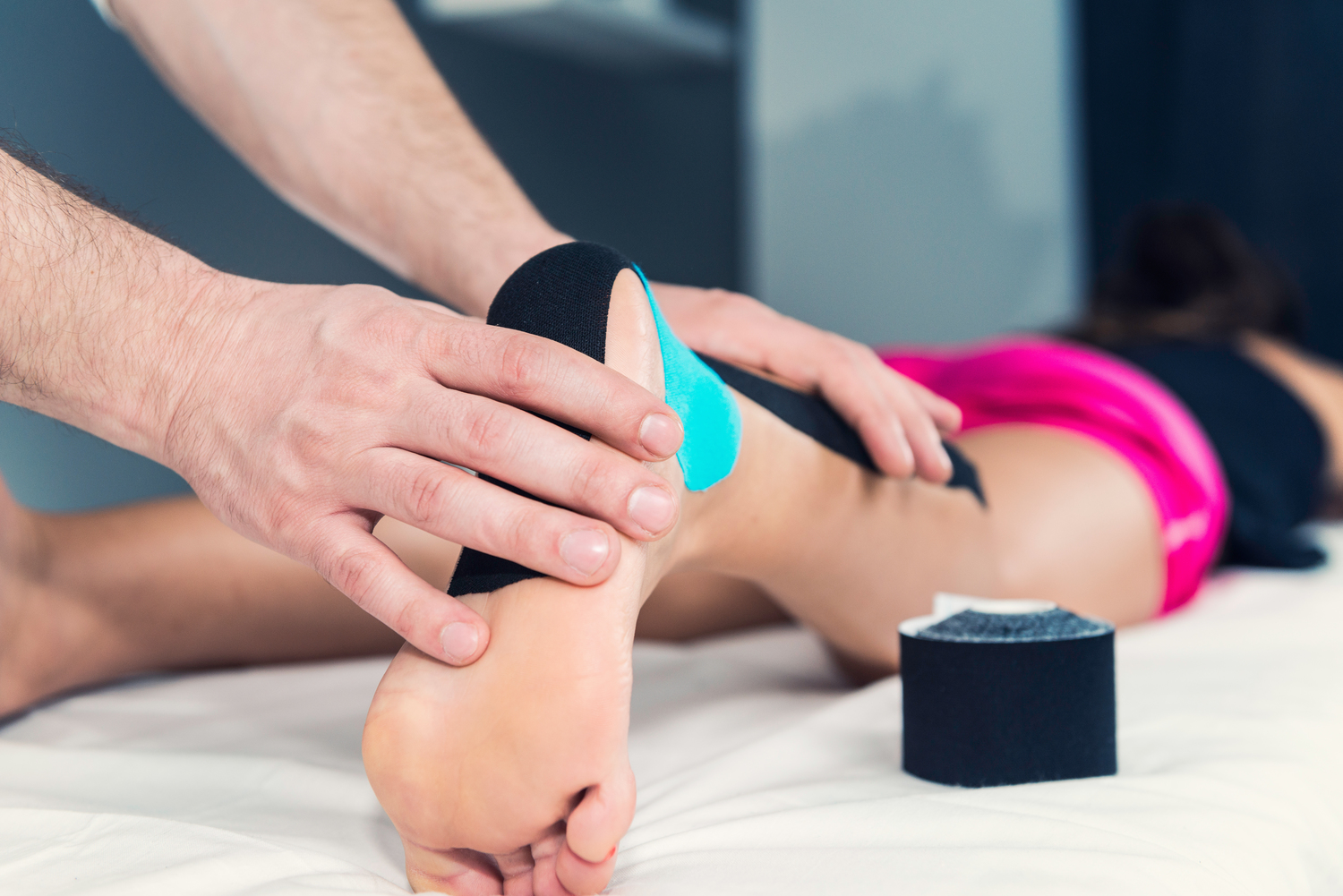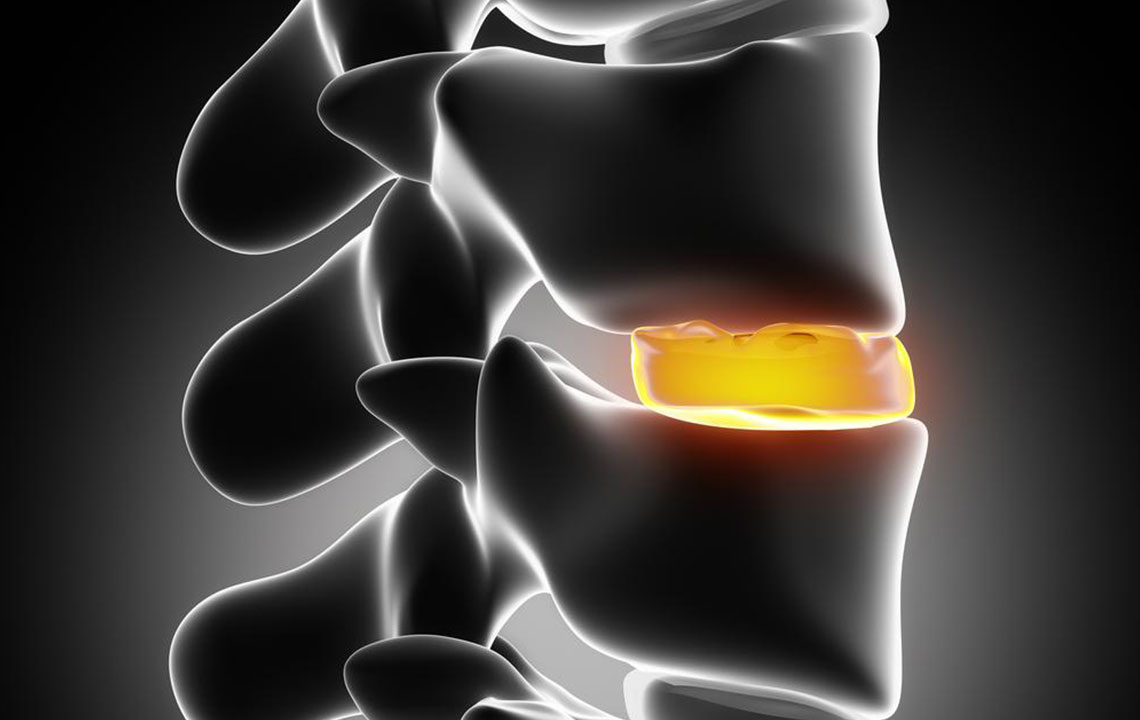Effective Approaches to Ease Nerve Discomfort
Learn effective strategies to manage nerve pain, including posture improvements, stretching, heat therapy, and when to seek medical help. Early intervention can prevent long-term damage and improve quality of life.

Effective Approaches to Ease Nerve Discomfort
Nerve health is vital for overall well-being, with pathways extending from the brain and spinal cord to transmit crucial signals. When nerves become compressed or pinched, it can lead to pain and abnormal sensations, signaling the need for prompt attention. Ignoring these signs may result in short-term or chronic issues. Early consultation with healthcare providers is crucial at the onset of symptoms to prevent permanent damage or complications.
Timely diagnosis and treatment are essential. Nerve compression is often caused by pressure from bones, muscles, cartilage, or ligaments. Symptoms can include pain, numbness, dizziness, or a burning sensation similar to pins and needles. Rest, posture adjustments, and conservative therapies usually help most individuals recover in days or weeks. When these measures are ineffective, surgery might be necessary to restore nerve function and blood flow.
Common methods to alleviate nerve pain include:
Posture Optimization: Modifying how you sit or stand can significantly reduce nerve pressure. Using standing desks or taking regular walks are beneficial. Avoid prolonged sitting or lying down, which can worsen symptoms. Incorporate standing or walking breaks into your daily routine.
Rest and Activity Adjustment: Ensuring adequate rest and avoiding aggravating activities like running or intensive typing promote healing.
Support Devices: Wrist braces or splints provide stabilization for issues such as carpal tunnel syndrome, especially overnight.
Stretching Routines: Gentle, controlled stretches can lessen nerve tension and enhance mobility. Increase stretch intensity gradually, avoiding discomfort.
Heat Therapy: Applying heat packs relaxes muscles, easing stiffness and providing quick relief. Use for 15-20 minutes regularly.
Cold Therapy: Ice packs help reduce swelling and dull pain. Apply for 10-15 minutes directly on the affected area.
Leg Elevation: Elevating legs with knees bent helps relieve lower back nerve issues. Perform this twice daily for best results.
Medications: Over-the-counter anti-inflammatory drugs like ibuprofen or aspirin can reduce severe pain under medical supervision.
When to Seek Medical Assistance:
If pain persists despite resting and posture correction.
If nerve symptoms affect bladder or bowel control.
Severe numbness or weakness in limbs.
Diagnosis methods include nerve conduction studies like EMG, MRI, or CT scans. Always consult your doctor if symptoms worsen or interfere with daily activities. Proper medical care ensures safe, effective treatment tailored to your needs.


